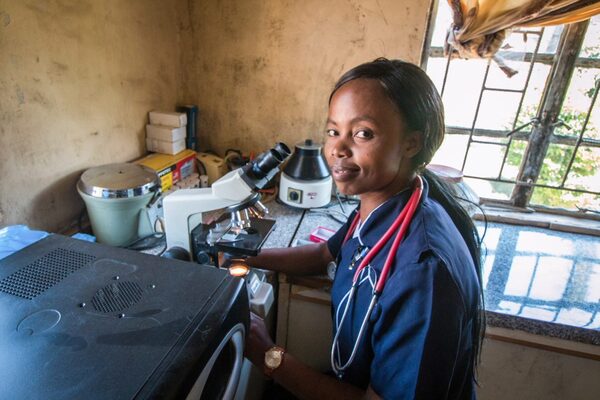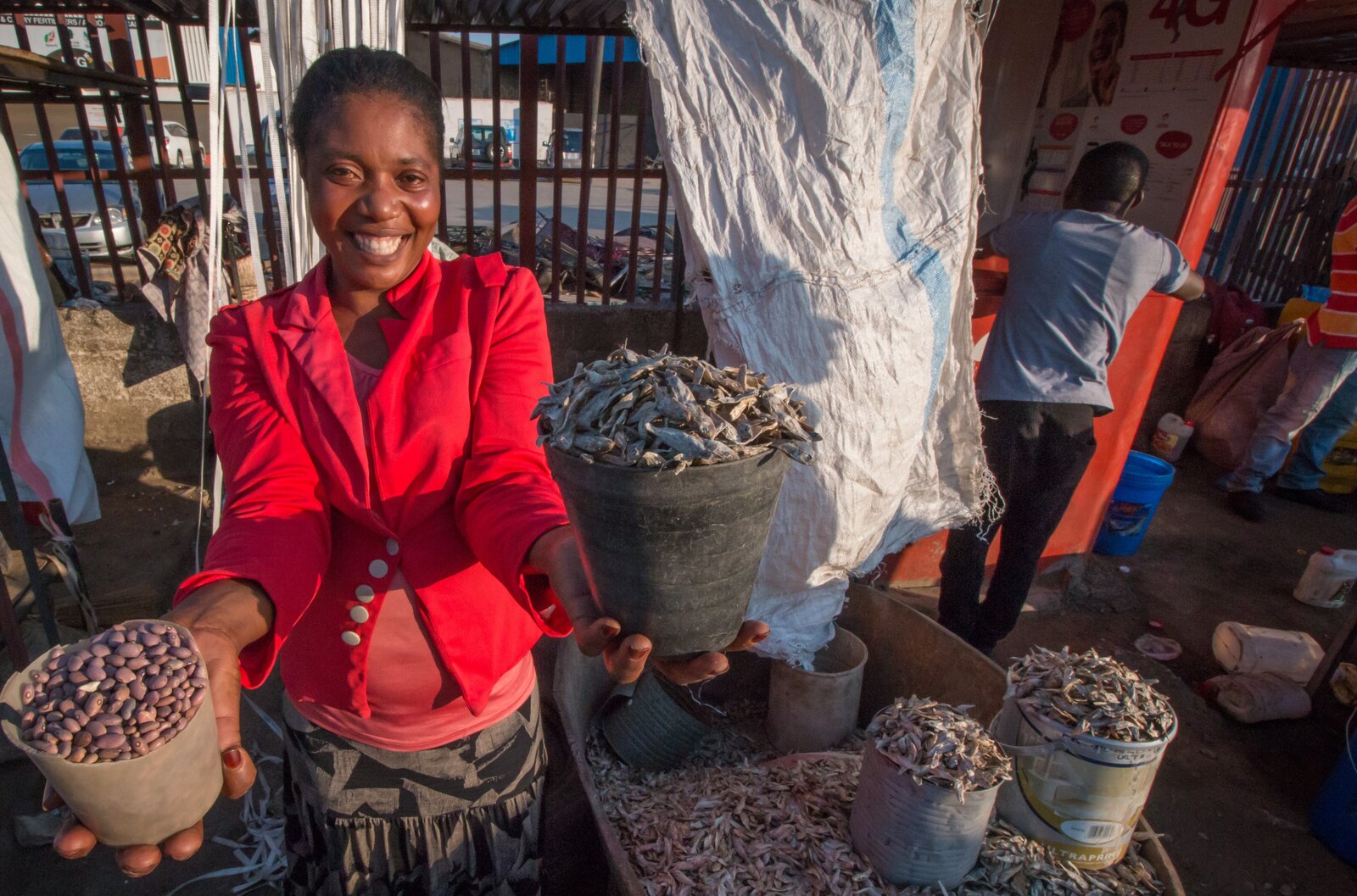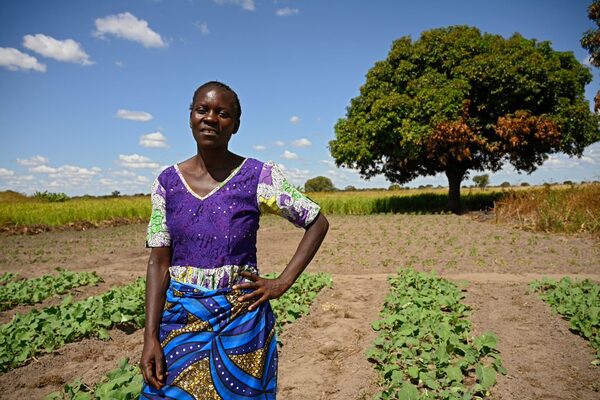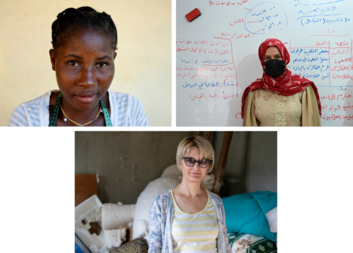I want to become an entrepreneur and give back to my community, says Baruani, a refugee student at the Cavendish University in Zambia
Baruani is a 24-year-old student originally from the Democratic Republic of Congo. He fled his home country with his family to neighbouring Zambia to escape violence and conflict. They found safety in the refugee settlement of Mantapala, but Baruani wanted something more - an education that would also allow him to help other refugees. Thanks to our support, he is now studying at a university in Zambia’s capital, Lusaka.













